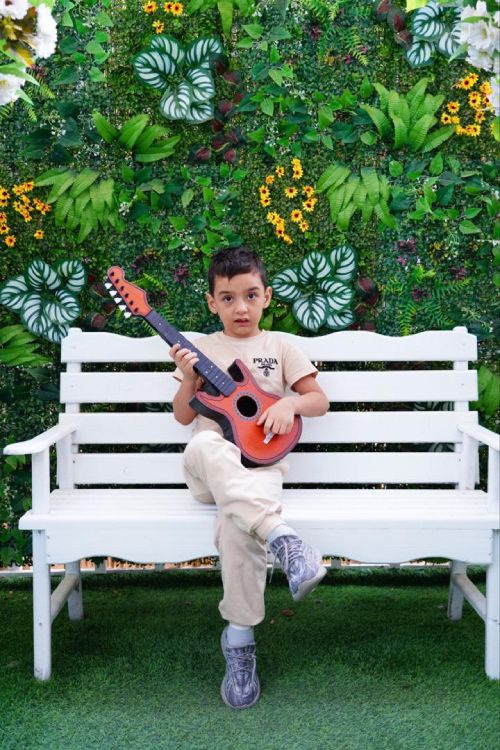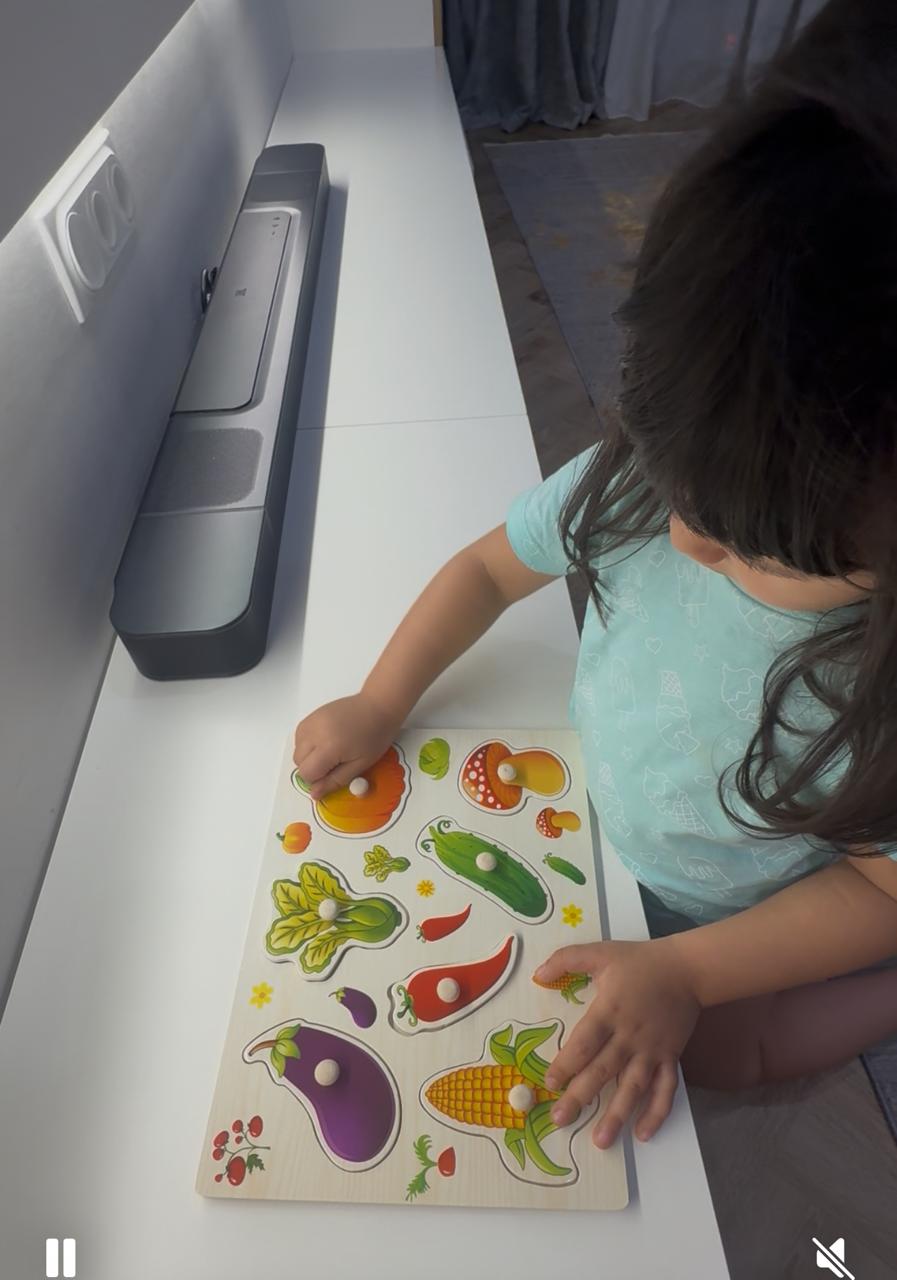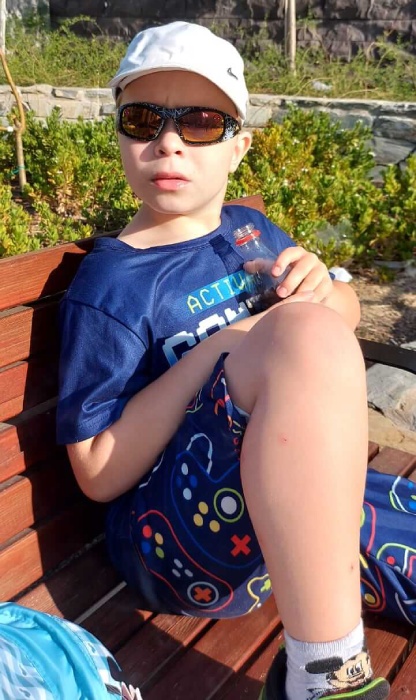How Do You Remove Aggression in a Child With Autism?
Children with ASD often do not know how to express their emotions. Autists’ aggression is frequently demonstrated in different situations and expressed by antisocial behaviour directed at themselves or other people. Such children may become angry, scream, fight, throw objects, bang their head against the wall, scratch, and perform other negative actions.
Aggressive autists may have many reasons for this behaviour:
- Misunderstanding things that happen around them
- Misunderstanding or having difficulties with non-verbal communication
- An inability to express their feelings fully
- Stressful situations, emotional experiences, anxiety
- Increased sensitivity to various irritants
- Avoiding unwanted activities
While an autist’s aggression can be suppressed, it is necessary to first understand the reasons for it.
Anger and negative emotions are frequent manifestations of internal anxiety or frustration regarding poor communication and social difficulties. But they can also be a side effect of the brain being altered by the disease.
It is necessary to identify the factors that cause unwanted behaviour in children with ASD in order to take action against the aggression. You can do it using a method of psychological analysis — a diary:
- Duration of observation — about 2 weeks, and it is necessary to make recordings regularly
- Record all events that provoke outbreaks of aggression and describe them in detail, especially the factors that led to them
- Draw conclusions together with your doctor and prevent the occurrence of stress factors
How do you work with an aggressive autist? With the help of a constructive dialogue with the child aimed at understanding their own behaviour. Use:
- Confidential, sincere conversation
- Simple illustrations
- Understandable expressions and words
Examples of other situations that are undesirable for a child with autism will also help to reduce their aggressiveness.
Disorder of sleep regimen
Insomnia and an incorrect sleep regimen can increase irritability and aggressive perception. It is very important to create healthy periods of sleep and wakefulness for your child.
Cognitive rigidity
This is the inability to adapt to changing conditions in the environment or distract from negative thoughts. Therefore, children often focus on the negative, which reinforces internal dissatisfaction.
Low intelligence
Poorly controlled aggressive outbursts often occur in children with a low IQ or retarded intellectual development.
Increased anxiety
A state of concern and anxiety caused by an incomprehensible situation, an unfriendly environment, unfamiliar people, etc., promotes the manifestation of aggression.
A unique method for treating aggression in ASD
Psychological and behavioural correction of childhood autism in terms of eliminating aggression is an auxiliary method in most cases. Aggression is the result of genetic changes in the brain, which cannot be corrected by conservative treatment. But it is possible using minimally invasive stem cell treatment for a child’s autism spectrum disorder. Unlike other correction methods, this one is able to restore correct cellular structure in the brain, resulting in highly effective treatment for childhood autism and manifestations of the pathology, including aggression.
Get a free consultation at the Mardaleishvili Medical Centre — your child’s behaviour can be safe and socially acceptable!
Autism Treatment Center Videos
Autism treatment with own stem cells
Cord blood association congress
International Quality Crown
Autism Treatment Reviews
Autism treatment with own stem cells
The story of Alessandro (6 years old)
Autism Patient Testimonial - Stem Cell Treatment
Clients Testimonials

Anna – Sasha’s mother Read More

Amirkhon’s father — Tokhir Read More

Dilana’s mother Read More

Irina and Stefan – Ilya’s parents Read More

Kristina – mother of Nelly and Nik Read More












